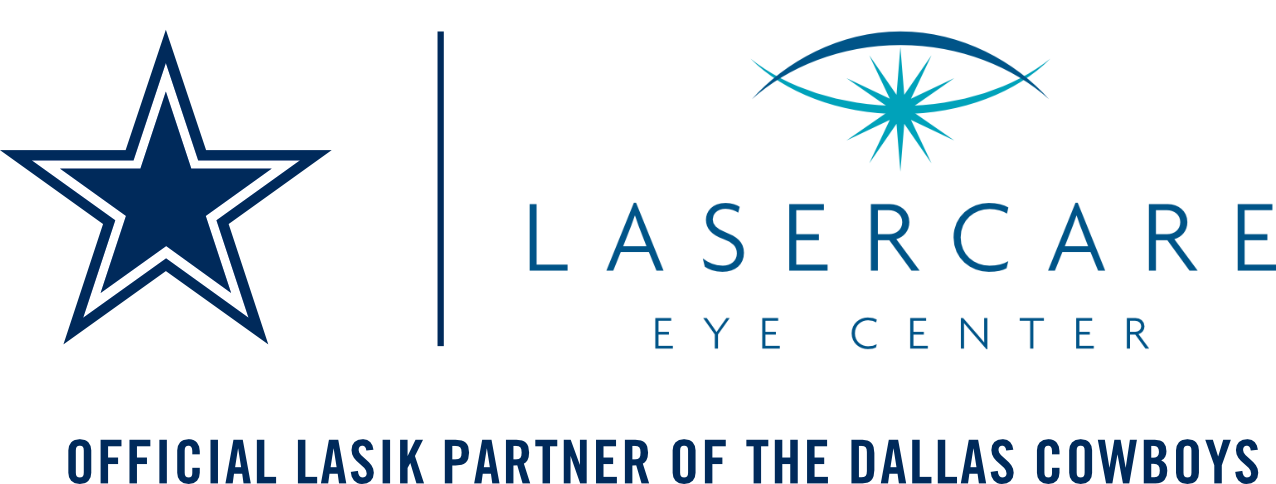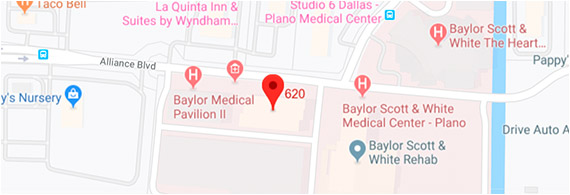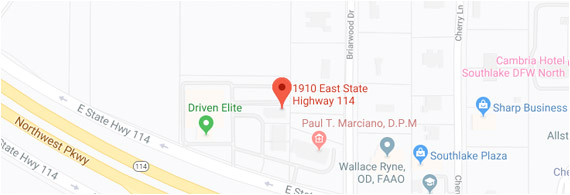Is LASIK Permanent?

LASIK surgery is designed to reshape the cornea on a permanent basis, meaning that the beneficial effects of the surgery will last most candidates for many decades to come. Here at the LaserCare Eye Center in Dallas, we provide state of the art LASIK surgery for patients looking to permanently cure a number of common vision-related complaints.
The majority of our patients will never have to worry about wearing glasses or contact lenses every again, having undergone our life-changing LASIK surgery in Dallas. We want all of our patients to enjoy crisp, clear vision for many years come, which is why we use highly advanced technology to undertake procedures that are all available at affordable prices.
The Short Term Benefits Of LASIK Surgery
Our surgeon will carefully and effectively undertake the surgery here at our clinic. Once the surgery is complete, you should very soon have wonderful 20/20 vision again and not have to rely on glasses or contact lenses for many years to come, and maybe even forever. Your vision should benefit from the procedure for at least 10 years, but for many of our patients, the positive effect of LASIK surgery lasts so much longer.
LASIK And The Long Term Prognosis
LASIK is a permanent change to your eye, and the only other issues that may start to alter the effects of the surgery will be the natural way in which your vision can alter over time. Our eyes are complex organs and the eye is constantly evolving and changing over the course of your lifetime.
From our mid-forties onwards, most of us tend to experience some changes in the way we see. This condition is called presbyopia and is a natural part of the aging process. It can affect some people more than others and is simply a weakening of the muscles surrounding the lens. The age you are at when you elect to undergo LASIK eye surgery will, therefore, affect how long your eyesight remains crisp and clear for.
Because our eyes naturally change over time, there is a myth that the LASIK eye surgery procedure is not permanent. Make no mistake, LASIK surgery makes permanent changes to the eye, but the natural effects of aging mean that not everyone will be blessed with great vision forever.
Because any type of eye surgery is subject to the laws of nature and time, it may be necessary for patients to visit us in the future to undergo additional treatments. This could be in the form of further enhancement surgery or may be something as simple as a prescription for reading glasses.
However, in the majority of cases, there is no need for any further treatment once the laser surgery is complete.
Does LASIK Protect Me Against Future Conditions?
Our LASIK surgery is able to completely correct any current eye conditions, but it cannot guard against those that may appear in the future. Age-related eye conditions such as presbyopia or cataracts could still appear in the future.
If you start to notice blurry lines when you are trying to read or find yourself having to switch on brighter lighting, you could be suffering from age-related eye conditions that your LASIK surgery will not be able to protect against. As the lens losing elasticity it makes it difficult to focus on objects that are close to you. If these types of changes to your eyesight are left untreated, you could run the risk of developing cataracts – where masses of protein gather over the eyes lens causing cloudy or lost vision.
While LASIK cannot prevent age-related changes taking place in the eye, it will not prevent your eyesight from being further corrected either. Depending on your symptoms you may benefit from wearing reading glasses, low prescription glasses or contact lenses, or even further surgery.
Affordable, Effective LASIK Surgery From LaserCare Eye Center
At LaserCare Eye Center we offer the latest Blade-free LASIK procedures, as well as affordable finance options and some of the most experienced surgeons in Dallas. If you would like to find out more about LASIK eye surgery from the LaserCare Eye Center, call us today on 214.328.0444.






